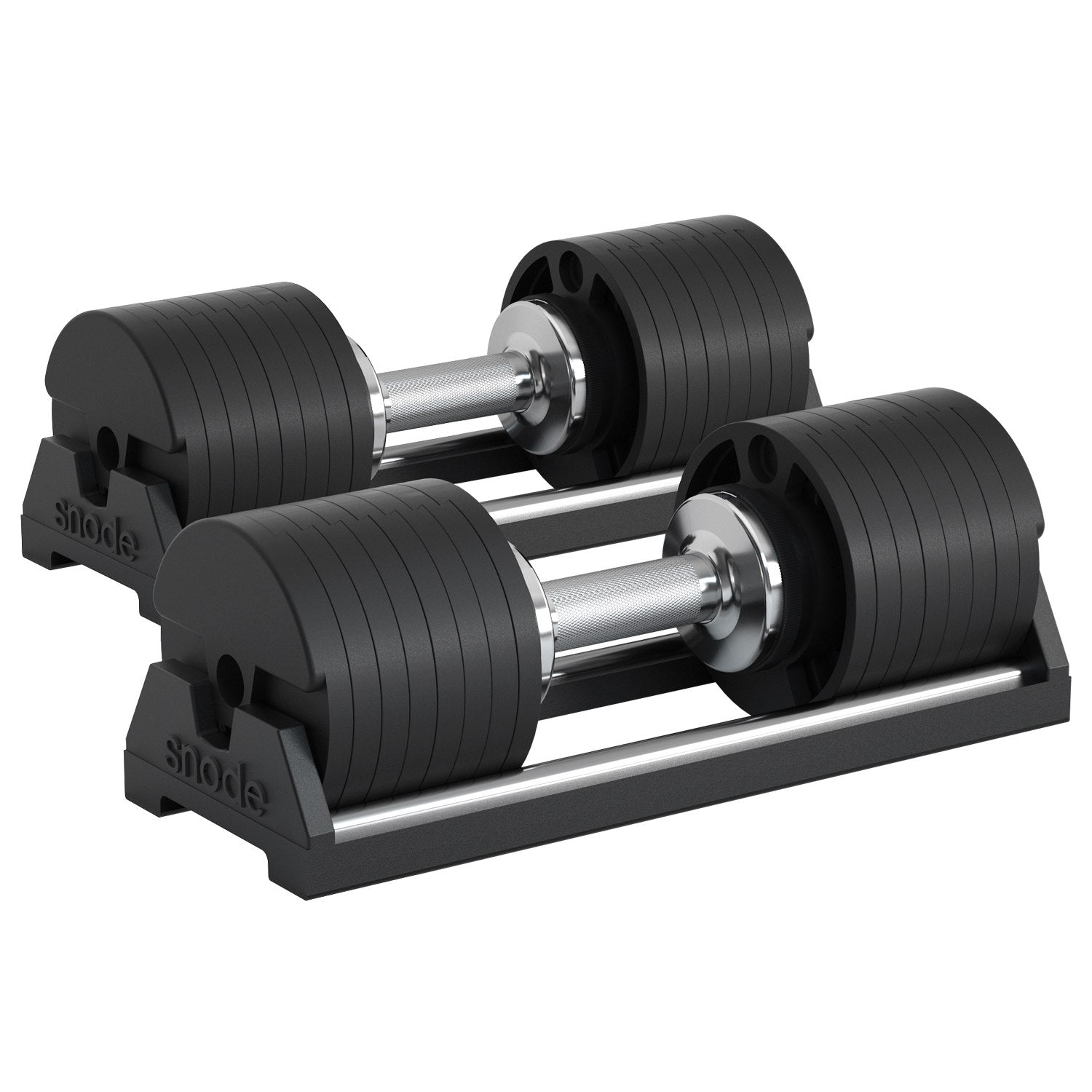-
SStacy sturrock 1 week ago
This article will give us an insight into dumb bells weights.
When it comes to starting a dumbbell workout routine, one of the most crucial decisions you'll make is selecting the right weight for your exercises. The weight you choose can significantly impact the effectiveness of your workout and your ability to progress. Here's a comprehensive guide to help you make the best choice for your dumbbell workout.
Understanding Your Fitness Level
Before you begin selecting dumbbell weights, it's essential to assess your current fitness level. If you're a beginner, it's recommended to start with lighter weights to master proper form and avoid injury. On the other hand, if you're more experienced, you may need heavier weights to challenge your muscles and continue making progress. It's crucial to be honest with yourself about your strength and capabilities to choose the appropriate weight for your workout.
Choosing the Right Weight
When selecting the right weight for your dumbbell workout, it's important to consider the specific exercises you'll be performing. Some exercises, such as bicep curls, may require lighter weights, while others, like squats, may call for heavier ones. As a general rule, the weight should be heavy enough to fatigue your muscles within 12-15 repetitions, but not so heavy that you sacrifice proper form. For example, if you're performing a set of lunges and can easily complete 15 reps without feeling fatigued, it may be time to increase the weight.
Progressive Overload
Progressive overload is a fundamental principle in strength training, and it applies to your dumbbell workout as well. To continue making gains in strength and muscle mass, you'll need to gradually increase the weight you're lifting. As your muscles adapt to a particular weight, you'll need to challenge them with heavier weights to stimulate further growth. Keep track of your progress and be prepared to adjust your dumbbell weights accordingly to ensure you're continually challenging your muscles.
Listening to Your Body
While guidelines and recommendations are helpful, it's essential to listen to your body when choosing the right weight for your dumbbell workout. Pay attention to how your muscles feel during and after each set. If the weight is too light and you're not feeling fatigued, it may be time to increase it. Conversely, if the weight is too heavy and you're sacrificing form or experiencing joint pain, it's best to scale back. Your body will provide valuable feedback to help you determine the appropriate weight for each exercise.
In conclusion, selecting the right weight for your dumbbell workout is a critical aspect of achieving your fitness goals. By understanding your fitness level, choosing the appropriate weight for each exercise, embracing progressive overload, and listening to your body, you can ensure that your dumbbell workout is effective and safe. Remember, the right weight for you may not be the same as someone else, so it's essential to personalize your choices based on your individual needs and capabilities.
References
